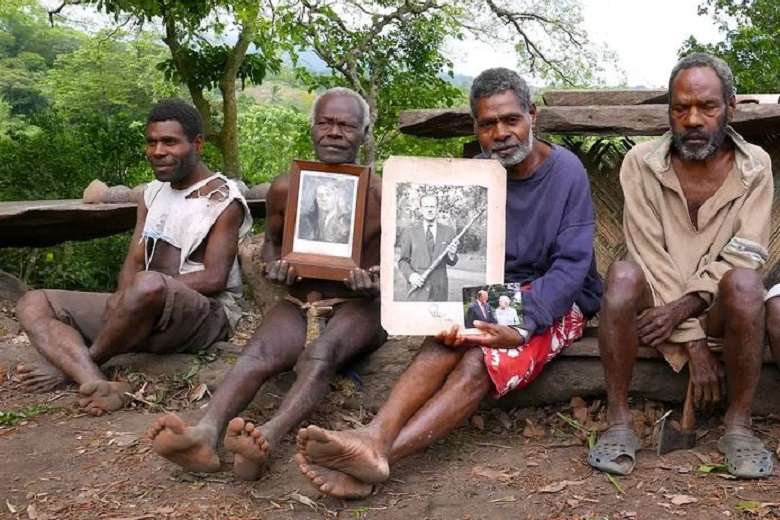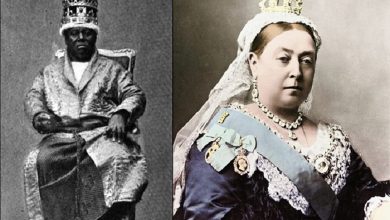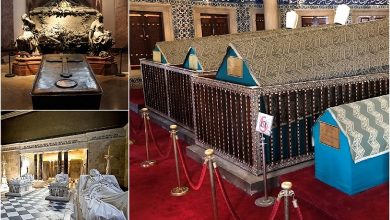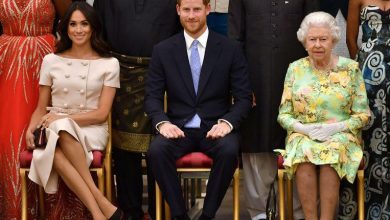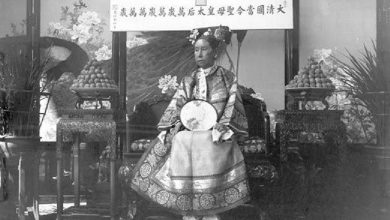These islanders consider Prince Philip to be a deity
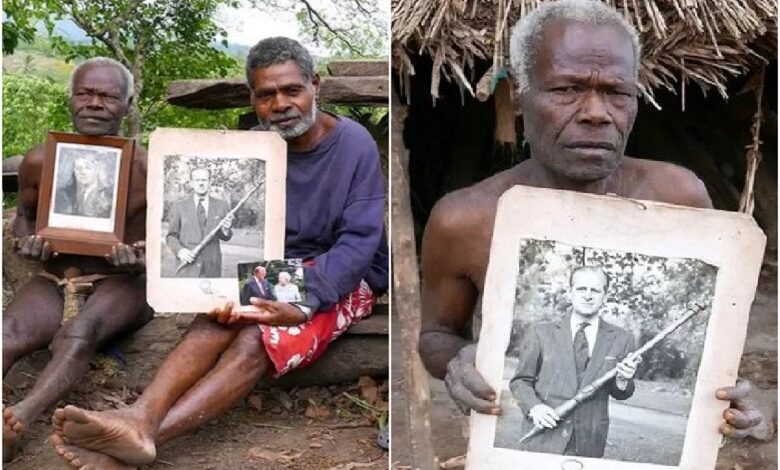
The death of the British Prince Philip (99) will undoubtedly hit like a bomb on the island of Tanna in the Pacific Ocean. Some of the approximately 30,000 inhabitants of Tanna, part of the Vanuatu archipelago, worship the Queen’s husband (1921-2021) as a deity. When the announcement in May 2017 that the prince was retiring, they feared that their harvest was going to fail.
Residents of the village of Younanen on the poverty-stricken islet – 40 km long, 19 km wide – take time daily to pray to the Duke of Edinburgh. They see him as the son of one of their local mountain gods.
They pray to Philip for the blessing of their bananas and yam – an edible root tuber – harvests on which they depend entirely. The island is self-sufficient, and the population mainly lives from these two products.
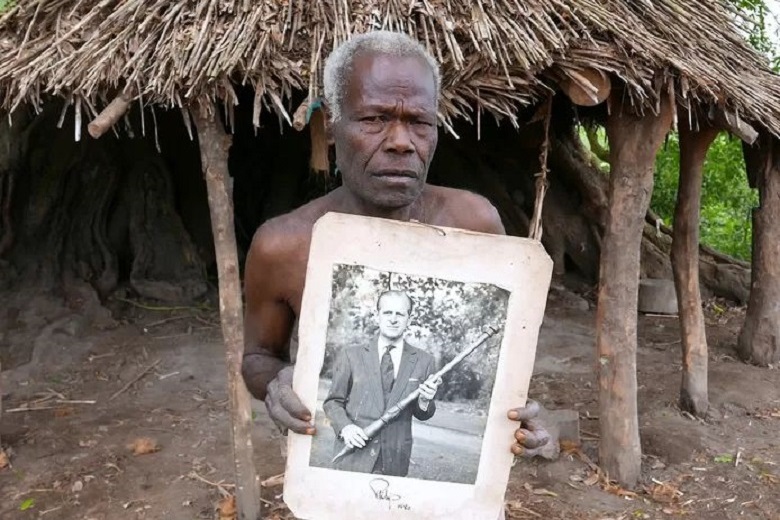
“If he comes to our island one day, we will no longer be poor, the sick will heal, debts will disappear, and our gardens will grow exuberantly,” Mayor Jack Malia told Reuters news agency in 2017, in response to Philip’s retirement. It shouldn’t have been.
The islanders have several pictures of their god. One, probably from the 1980s, depicts Prince Philip in a neat suit holding a carved wooden stick made especially for him by the villagers.
Legend has it that Prince Philip is the pale son of a mountain god who crossed the seas to marry a rich and powerful woman.
Anthropologists suspect that belief in the Briton originated in 1974 when he visited the New Hebrides, to which Vanuatu also belongs, with Elizabeth. In the eyes of the followers, the British Queen is the rich, powerful woman.
